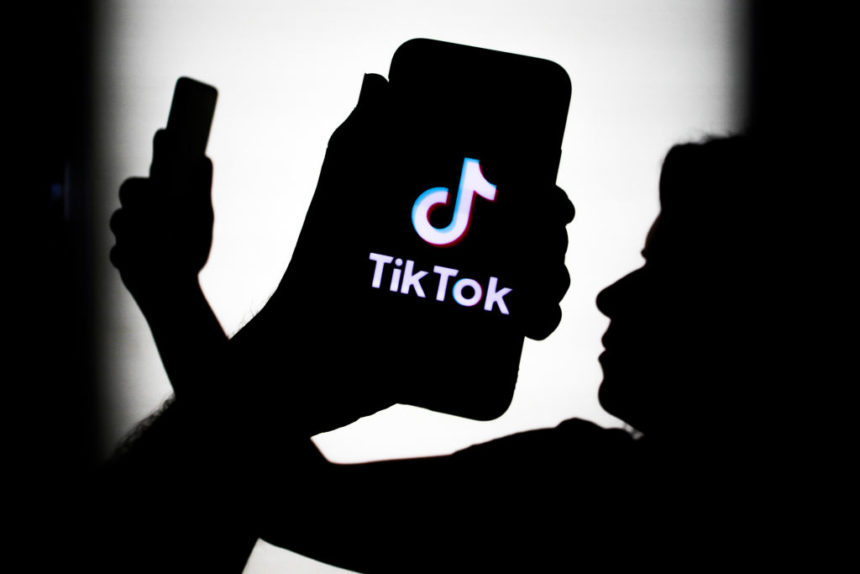TikTok has been a source of health information — and misinformation — for a few years now.
However, a recent study out of Hall & Partners finds that the site is increasingly becoming the top place where Gen Z and millennials seek out health advice, in lieu of going to see a doctor.
The study, which surveyed more than 10,000 people over the age of 18 globally, was done in partnership with ThinkNext.
Nearly 18% of the U.S. population, or some 59 million people, are turning to social media influencers with huge followings on TikTok and Instagram for healthcare information and even guidance in dealing with chronic conditions, the study found.
That percentage is, unsurprisingly, much higher among the younger generations. One-third of Gen Z and more than a quarter of millennials turn to social media to discuss, cope with and highlight chronic conditions and health issues. That’s compared to only 5% of baby boomers.
Yet the study also pinpointed a somewhat worrying trend, in which patients with certain conditions had a higher likelihood of going to social media as opposed to a doctor for health advice.
Among the respondents with chronic conditions, 30% didn’t go to their doctor for health advice. That was highest (63%) for people with inflammatory bowel disease, and among those with the condition, 28% are instead turning to social media influencers, the report said.
For young people who do visit with their doctors, 29% of Gen Z and 32% of millennials are seeking prescriptions for products or medications they saw online. One-fifth of Gen Z are also often asking their doctors about treatments they heard about from an influencer.
Part of that is linked to growing dissatisfaction with healthcare providers (HCPs) among young people.
The study found that about a quarter of people in the U.S. said they felt dismissed by doctors when discussing symptoms or medical concerns. Among people who identified as having depression, neurodivergent conditions or autoimmune conditions, that dissatisfaction and sense of feeling unheard was much higher.
It’s not surprising that, spurred by the remote schooling, remote work and isolation of the COVID-19 pandemic, younger people find it easier to connect with entertaining and humorous “physician influencers” on TikTok than with HCPs in the traditional setting.
Some hospitals and HCPs have already taken note of this and encouraged their clinicians to join the platform. There are plenty of physician influencers on TikTok already, some with millions of followers, who dish out content on anything from behind-the-scenes emergency room stories to skincare advice.
But along with the legitimate physician influencers comes a huge amount of health misinformation. One recent study found that 84% of mental health videos on TikTok were misleading.“This trend is likely to accelerate, and digital solutions will be an important element in reconnecting younger patients with traditional sources of healthcare advice,” Amanda Kealey, senior partner at Hall & Partners healthcare division, said in a statement.







